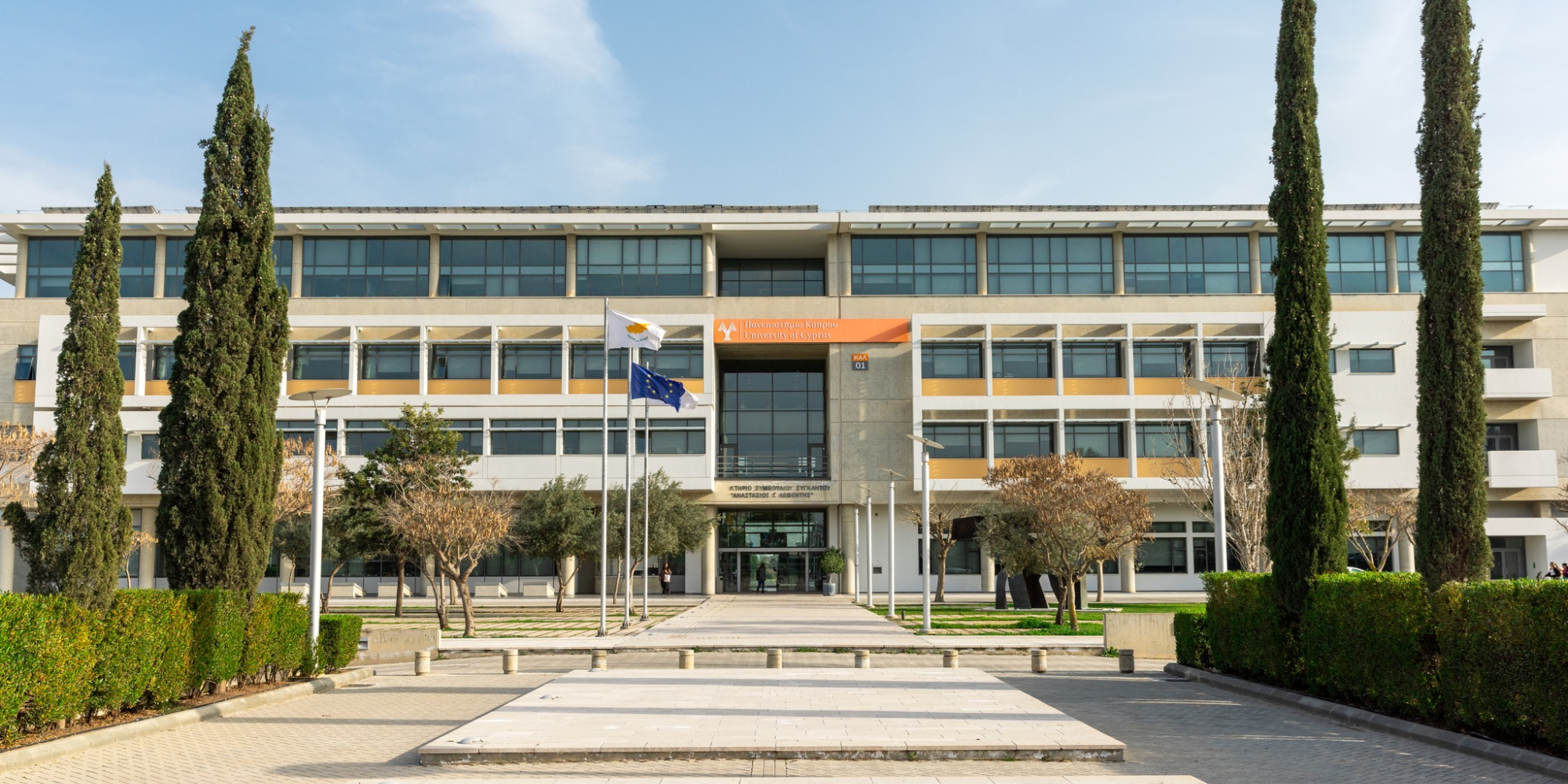Cooperative Steps towards Sustainable Development
Citizen participation in urban development processes is gradually being recognised as a key aspect of modern urban planning, with important implications for quality of life, social cohesion, inclusion and sustainable development. The integration of different forms of knowledge and experience in urban planning processes is crucial for generating innovative solutions, developing a shared identity and sense of belonging, motivating residents to take an active interest in improving their environment, fostering a shared sense of responsibility for the city and the neighbourhood.
Recognising the importance of citizen participation in urban planning, a focus group was held on July 3, 2024, as part of the work of the research project Twinning towards Research Excellence in Evidence-Based Planning and Urban Design-TWIN2EXPAND (https://twin2expand.surf.com.cy/) of the Society and Urban Form lab (SURF –https://www.surf.com.cy/) at the Department of Architecture, University of Cyprus, with the case study of the Strategic Planning of the Pedieos River. The focus group brought together representatives from different institutions and stakeholders related to the Pedieos River area to discuss and come up with a set of priorities in terms of enhancing accessibility, protecting and improving the environment, and creating active public spaces and activities along the river. The participatory approach followed was based on the use of Structured Democratic Dialogue (SDD) techniques (as applied by Yannis Laouris and Marios Michaelides), enabling the development and recording of ideas on complex issues, leading to participatory decision-making.
The focus group included residents and users of the area, architects and representatives from agencies and organisations: Cyprus Confederation of Organisations of the Disabled (KYSOA), Intermunicipal Development Projects of Nicosia (DAEL), architectural firm Thiasos, Amber and Joe café, Agioi Omoloites Primary School, Organisation for Positive Urbanism (OPU collective) non-profit organisation, The Cyprus Institute and Strovolos Municipality. The participants formed three groups (a Visibility and Connectivity group, a Protection, Biodiversity and Green Infrastructure group and a Public Space and Activities group), discussed and collaborated to develop a common framework of thinking.
During the focus group, a total of 43 ideas from the three groups were collected and evaluated, demonstrating the high level of engagement and creativity of the participants.
Visibility and connectivity: Some of the key outcomes include the need to enhance cross access from the linear park to residential areas via shared arterials; providing a continuous “pathway” from the neighborhood level to the city and park level; including people with disabilities, seniors and people with baby strollers by creating new pathways and parking areas; enhancing pedestrian safety; and separating pedestrian and bicycle lanes. The need to create infrastructure for activities or essential services was also mentioned, as well as the need for connectivity to the urban areas surrounding the Pediaion through a formal network of entrances that will make the linear park a highly accessible axis within Nicosia.
Environment, biodiversity and green infrastructure: Regarding the environment, some important results relate to the environmental footprint of the new interventions and respect for the existing character and biodiversity of each area, the cultivation of environmental awareness through an organised awareness raising strategy that will include citizen empowerment and the involvement of schools and children. Furthermore, the need for a transversal extension of the park into the city, as a “green lung”, was discussed, an in-depth analysis of the existing ecosystem and situation was proposed before any interventions are made, and the resolution of safety and pollution issues through a response strategy and systematic involvement of the competent authorities.
Public space – activities: The results highlight the need to plan a range of activities and events within the park related to children, culture, pets, or other daily events. The creation of “destination points”, i.e. places where users are invited to spend their leisure time, is also an important suggestion. In addition, it is proposed to improve infrastructure relating to safety and accessibility, water and sanitation facilities, and organised picnic areas.
All three groups highlighted safety issues as important, as well as the need to develop social activities along the river, making use of and developing the greenery in the area.
The focus group demonstrated the importance of diversity, consultation and community participation in developing sustainable solutions for the urban environment. It also demonstrated the need for interdisciplinary cooperation and joint action through collaboration between academic groups, professionals, local authorities and citizens. The active involvement of citizens and stakeholders in decision-making processes is highlighted as critical to shaping urban planning the development and transformation of neighbourhoods and communities, having the power to contribute substantially to the creation of safer and more vibrant communities. Through the focus group, the importance of synergy between academic groups and practice and the importance of evidence-based design and planning (EBDP) was also confirmed. The use of empirical evidence and scientific research to guide urban and urban planning has the potential to bring about better outcomes, long-term sustainability and prosperity for cities and communities.
In the next stage the main issues highlighted by stakeholders will inform relevant research questions. These questions will be explored and evaluated in relation to the proposed Pedieos River Strategic Plan using spatial analysis methods and tools and discussed with participants in a subsequent participatory workshop. The ultimate goal is to collectively prepare relevant Policy Briefs, concise documents intended to inform decision makers on this topic.
For more information: https://twin2expand.surf.com.cy/news-and-events/citizens-and-stakeholders-participation-for-the-strategic-planning-of-the-pedieos-river-collaborative-steps-towards-sustainable-development/.
Contact: Natia Charalambous, Project Coordinator, charalambous.nadia@ucy.ac.cy, 22892965.
Note to editors:
- The University of Cyprus is the coordinator of the TWIN2EXPAND project.
- The project partners are University College London (UCL), Polytechnic University of Turin, Chalmers University of Technology and Space Syntax Limited.
- The project will run for three years from January 2023.
- The total budget of the project is EUR 1.500.000.
Source: University of Cyprus | Latest News (https://shorturl.at/zWczw)
